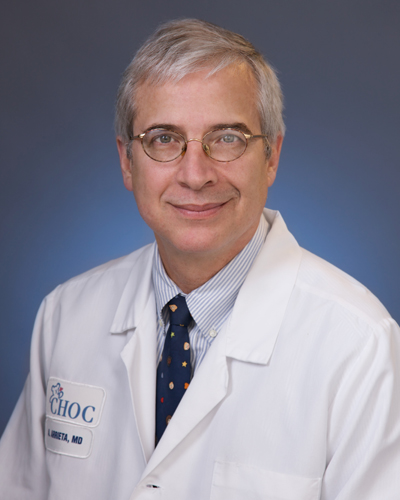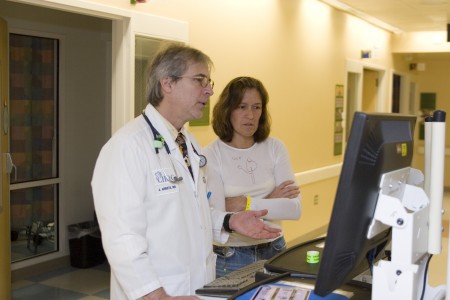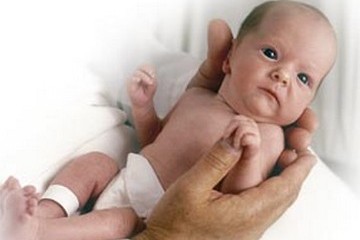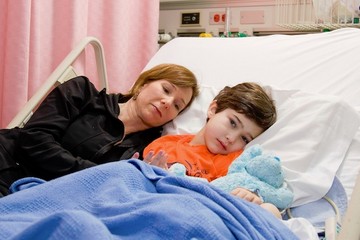Why Do Research in Children? (Clinical Trial Guidelines)
One or more medications are prescribed at nearly half of all children’s doctor visits in this country yet upwards of 30% of these medicines have not undergone the rigors of clinical testing in children.
Even though pediatricians agree that children and adolescent are not just “mini adults”, the off-label use of adult-approved drugs, adjusted for weight, is common in the treatment in these populations.



















